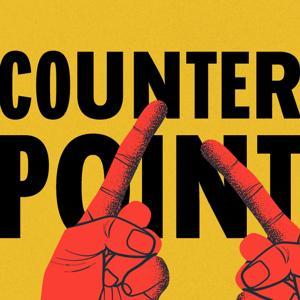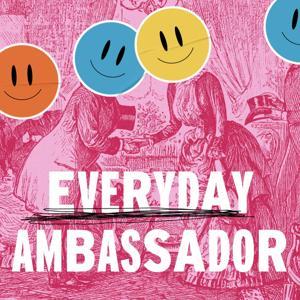
Sign up to save your podcasts
Or



By Doha Debates and Foreign Policy





4.8
1313 ratings



The podcast currently has 24 episodes available.










The podcast currently has 24 episodes available.

605 Listeners

2,717 Listeners

27 Listeners

38 Listeners

204 Listeners

342 Listeners

75 Listeners

11 Listeners

0 Listeners

8 Listeners

3 Listeners

0 Listeners

0 Listeners

0 Listeners